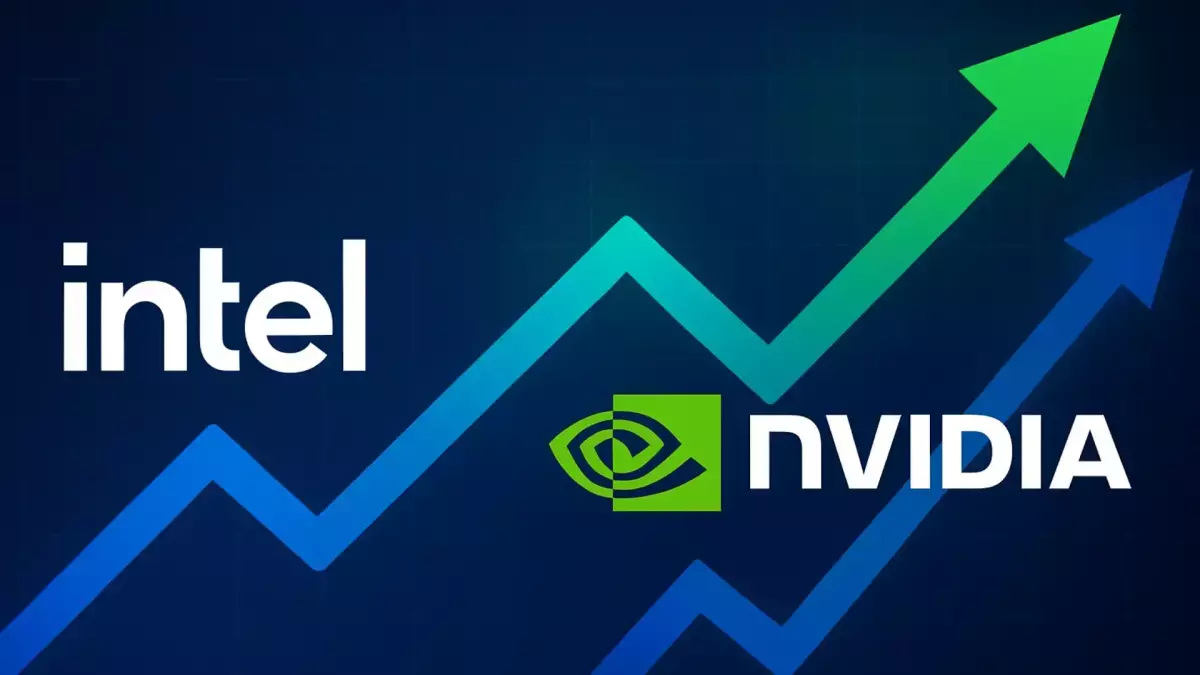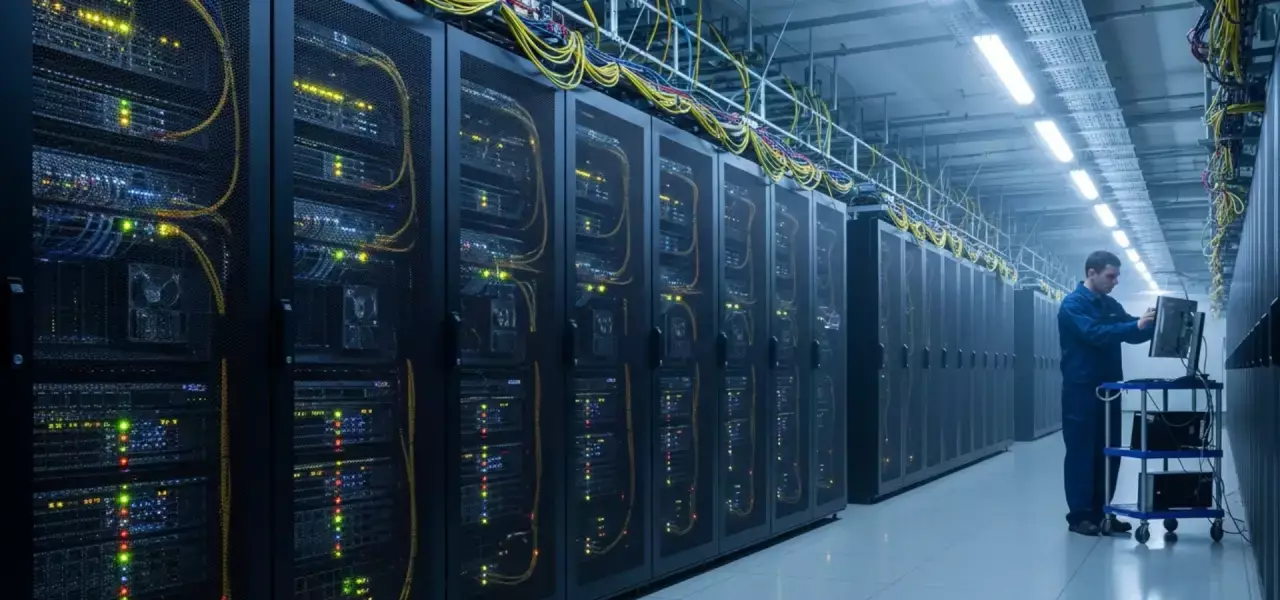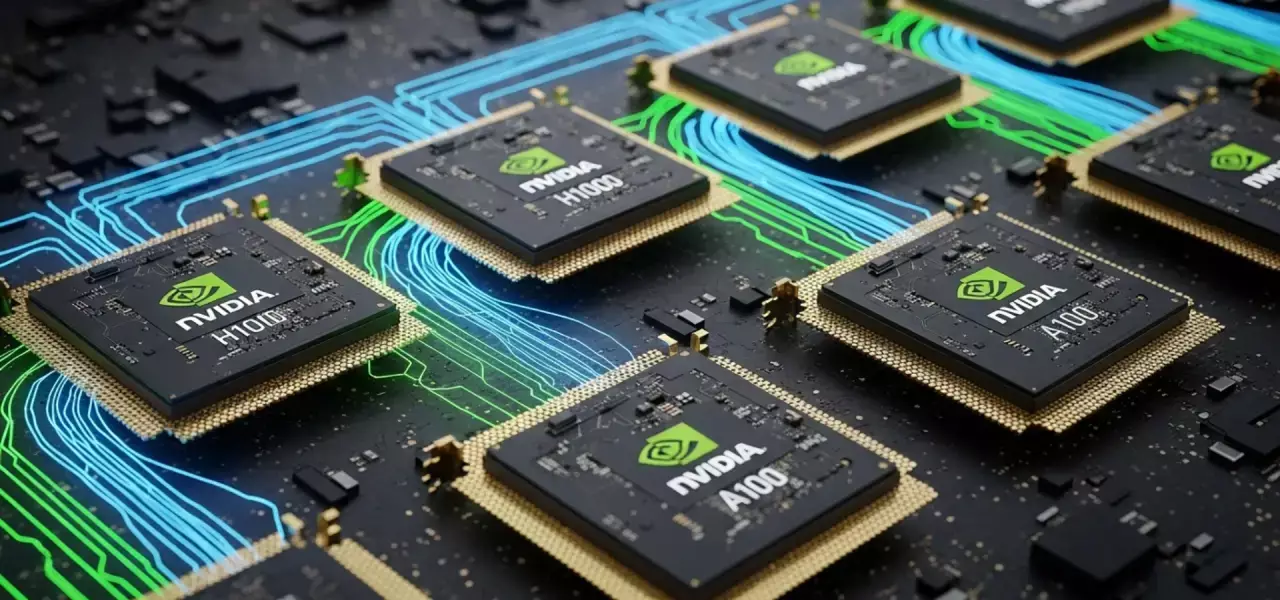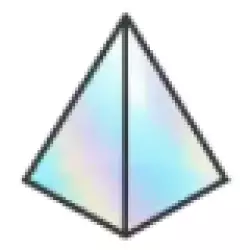Intel Stock Surges 50% After Major Nvidia Partnership
-
![Avatar]() By arthurcaldera
By arthurcaldera
- October 04, 2025
- 5 min read
- 0 Comments

Remember when Intel was falling behind in the AI revolution? Well, it just got really interesting. Intel's shares have risen over 50% this year, and the most recent rally came from an unlikely quarter: its old nemesis Nvidia.
The Deal That Changed Everything
On September 18th, 2025, Nvidia announced something that sent shockwaves through Wall Street. The AI giant announced that it will invest $5 billion in Intel, in a landmark deal to co-develop data center and PC chips. This was no mere investment. It was a watershed event for Intel, which had been fighting some of its toughest challenges in decades.
Intel stock surged 33% in premarket trading after the news, with the stock solidly continuing higher. This comeback story is nothing short of amazing for a company that hit decade lows earlier this year.
What Really Goes into this Partnership?
So what are two tech giants cooking up together? Nvidia CEO Jensen Huang described it as a "historic collaboration" that tightly integrates Nvidia's AI and accelerated computing stack with Intel's CPUs and the enormous x86 ecosystem. In other words, they are pooling their resources to develop the next generation of computing products.

The partnership will work on the custom chips for both data centers and personal computers. Imagine quicker AI processing, increased performance for your daily computing needs and infrastructure that can support the growing demands of artificial intelligence applications.
Nvidia is buying its share at $23.28 per share, making it one of Intel's biggest shareholders with about 4% ownership. That's a big vote of confidence in Intel's future.
Why This is Relevant to the Industry
This alliance is more than just two companies coming together. It is a paradigm shift in the competition and collaboration mindset of the semiconductor industry. For years now, Nvidia and Intel have competed in multiple markets. Now they're joining forces to handle the enormous opportunities in artificial intelligence and data center computing.
The timing couldn't be better. With AI applications surging in all industries from healthcare to finance to entertainment, there's never been a greater need for powerful, efficient chips. Through the partnership between Nvidia and Intel, who provide expertise in the area of AI acceleration and CPU design and manufacturing capabilities respectively, they're poised to take a large slice of this emerging market.
Intel's Comeback Story
Let's be honest. Intel has had a bad run these past couple of years. The company lost its manufacturing edge, missed the boat on mobile computing, and watched competitors like AMD and Nvidia encroach on its market share. Intel shares reached their 10-year low earlier this year.
But the situation began changing when the company got an unexpected helping hand from the most unlikely of places, the U.S. government. In August, Intel agreed to a deal in which the U.S. government would invest 10% in the chipmaker as part of a larger push to shore up domestic semiconductor manufacturing. Now that Nvidia's has emerged as a major investor, Intel suddenly has powerful support for its turnaround plan.
What About Nvidia?
Don't think Nvidia is playing the hero here. This transaction makes a lot of business sense for them too. Nvidia rose 3% in premarket trading after the announcement, as investors saw the strategic importance of the partnership.

In effect, Nvidia gets access to Intel's large x86 ecosystem and manufacturing prowess. While the current agreement doesn't involve manufacturing chips at Intel's foundries, Nvidia, it does pave the way for further collaboration that could diversify Nvidia's supply chain and reduce its dependence on current partners such as TSMC.
Plus, we also need to remember that Nvidia is already worth more than $4.2 trillion. For a company of this size, strategic investments that give it a foothold in the AI infrastructure market are definitely worth it.
The Broader Context
The alliance was announced at a curious time for both companies. Nvidia has been wrangling through complex trade negotiations between the U.S. and China to try to get permission to sell less advanced chips in the Chinese market. Meanwhile, Intel has been trying to rehash its reputation and recover its position as a top chipmaker.
The semiconductor industry is also facing a time of consolidation and strategic alliances. With the costs of developing cutting edge chips now reaching astronomical heights, it makes sense for even competitors to seek ways to collaborate on specific projects.
How This Affects Consumers and Businesses
If you are wondering how this impacts you, here is the layman's explanation: better computers and faster AI services. The chips developed through this partnership should eventually wind up in data centers powering cloud services, AI applications, and ultimately consumer PCs.
For businesses that make use of AI and cloud computing, this could mean stronger infrastructure at potentially better prices. For ordinary users, it might mean faster laptops and PCs with enhanced abilities for AI available directly on the machine.
However, the deal is subject to regulatory clearances, so there's still some uncertainty around the timeline. However, both companies seem invested in making this work a reality. And because the collaboration focuses on multiple generations of products, it's likely not just a one-off project but rather a long-term partnership.
The market reaction gives you all the information you need on how investors perceive this deal. Intel recently jumped 50% in the stock market this year, a good portion of that being from this partnership press release, indicating that there is actual belief that Intel can turn things around.
For Nvidia, this is another clever action in its plan to control the AI computing landscape. For Intel, it's a lifeline that can help the company regain its footing as a semiconductor giant.
Suffice it to say that the chip industry just got a lot more interesting. When former competitors join forces to tackle the biggest problems in computing, we all come out on the other end. Now we have to wait and see what these two giants actually come up with together.
-
0
-
0
-
0
-
0
-
0
-
0
-
0
-
0
- Previous Article New Security Flaws Found in Perplexity Comet Browser
- Next Article Humanoid Robot Security Risks Exposed by Researchers

